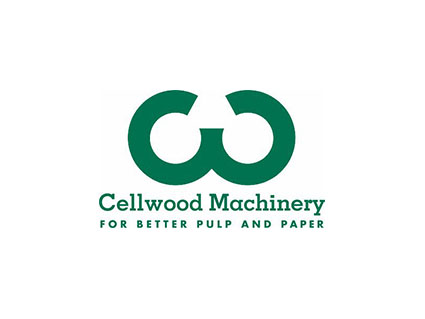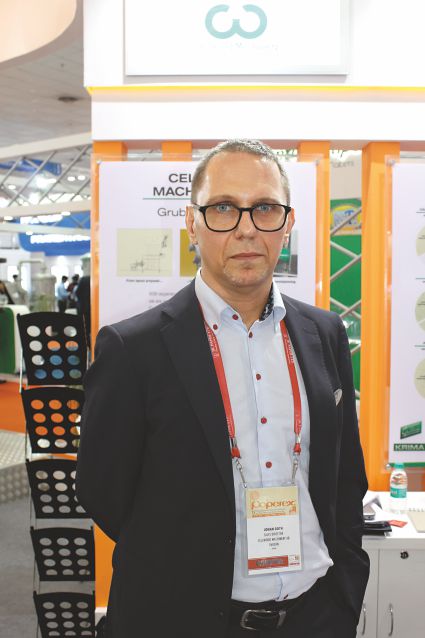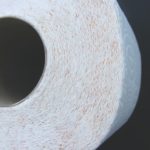“Cellwood has played an important part in the development of the modern pulp and paper industry. The company is the world’s leading supplier of dispersing systems, which are used in the process of recycling paper waste into new paper,” says Mr. Johan Goth, Sales & Marketing Director, Cellwood Machinery AB.

Cellwood, a Swedish company, was founded in the year 1913. The company was taken over in 1954 by the entrepreneurial Stenberg family. The company specializes in highly-efficient systems for dissolving and dispersion of large volumes of recycled paper and other fibers. Early focus on recycling has made Cellwood a world leader in dispersion of waste paper. Cellwood’s product portfolio comprises dispersers, pulpers, and microfilters as well as a number of supplementary products, including screw presses, separators, and bleaching systems.
Paper Mart recently interviewed Mr. Johan Goth, Sales & Marketing Director, and Cellwood Machinery AB. Excerpts:

Cellwood Machinery AB.
Paper Mart: Can you please introduce your company to the readers?
Johan Goth: Cellwood Machinery is a Swedish company. The company was founded in 1913, and today it is part of the family-owned Cellwood Group, together with Bruzaholms Bruk. The head office is located in Nässjö, Sweden, with subsidiaries in Canada, China, and Germany. I have been with Cellwood since 2001.
Cellwood has played an important part in the development of the modern pulp and paper industry. The company is the world’s leading supplier of dispersing systems, which are used in the process of recycling paper waste into new paper.
PM: Tell us about the new developments at your company’s end.
JG: We always try to improve ourselves but in general, we have tried to focus on three product groups. Our biggest group is krima dispersing systems for the treatment of wastepaper. The system is used to strengthen fiber and reduce impurities in the pulp to a non-visible size. Then we have pulping and the water treatment equipment. The grubbens pulper range offers a high pulping quality, short pulping time, as well as a very low power usage. Besides, for water treatment, algas microfilters recover useable fiber and save energy by enabling safe re-use of process temperature water. The energy consumption is the most important thing to reduce the cost at the mills.
PM: What do you think of India as a market in comparison to other markets?
JG: During the last 2-3 years, many mills are looking for improving the existing stock preparation because the demands from the final customers are increasing a lot. So, it is a very good time for us now and India has become our second most important market.
PM: Do you plan to launch any new product to the existing product portfolio?
JG: No, we don’t have any such plan yet. But for 40 years, we have been following a concept where we try to fine-tune our existing products and make them even better. Our sole aim is to be a deep specialist in this area.
PM: What are the challenges that you face while handling the Indian market?
JG: The Indian market is very tough when it comes to price negotiations. Of course, that is the case with other countries as well. But, it is tougher in India, I would say. It has an extremely good potential as a market, but it is a bit difficult to handle. This has arisen as a challenge for us.
PM: Would you like to add anything?
JG: I hope that the mills really care for specialized suppliers like Cellwood. We cannot supply complete lines but we try to be specialized within specific areas. It is very easy for a client to choose a package solution from one of the biggest suppliers but in the end, there will only be a few suppliers left. So, we hope Indian Paper Mills can really consider specialized companies as well.



